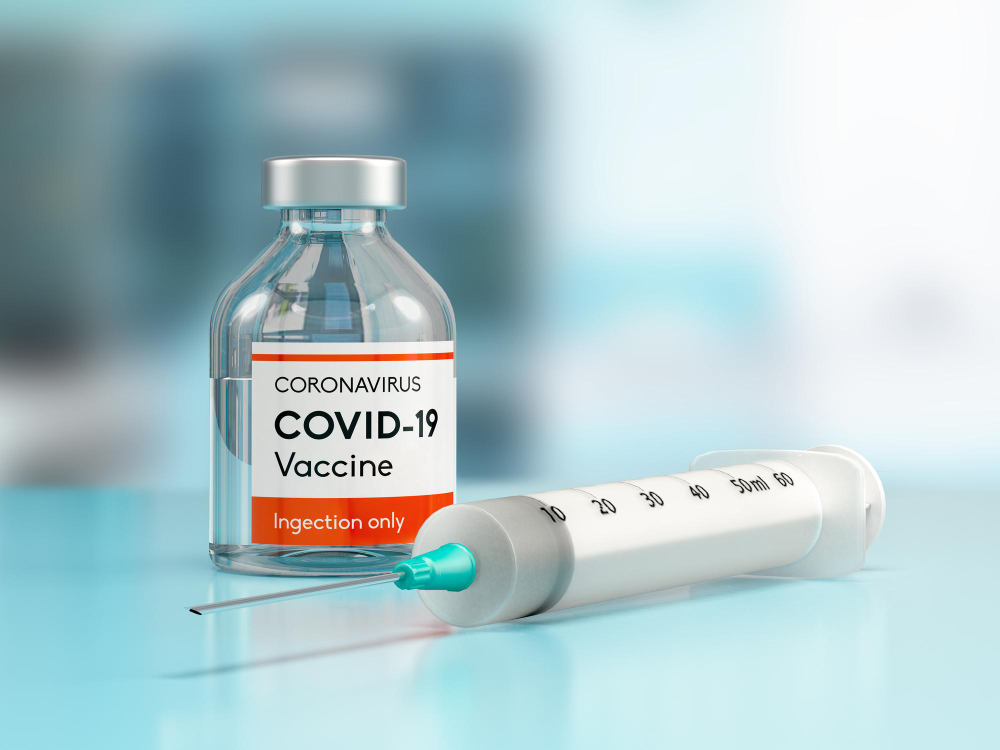One thing is sure: the global coronavirus pandemic altered the course of history. This disease first appeared in 2019, and by 2020, it had rapidly spread across the globe, becoming one of the most severe pandemics in recorded history. According to the World Health Organisation (WHO), there have been 760 million confirmed cases of the coronavirus pandemic as of March 16, 2023, with an estimated 6.8 million deaths as a result.

These astronomical numbers also have a monetary cost, which cannot be compared to the human cost. The estimated economic losses may still shock you, even if the number of illnesses and deaths did not. The International Monetary Fund (IMF), an organization that aims to rescue struggling economies, predicts that the worldwide cost of the coronavirus COVID-19 pandemic will reach $12.5 trillion by 2024. According to World Bank projections, the global economy will be worth $96 trillion in 2021. If the IMF’s prediction comes true, the economic harm from the virus will have consumed a sizeable portion of global economic production.
Vaccines were flown to every corner of the world to aid in the fight against the coronavirus, and this was an unprecedented global response to the pandemic. As of March 11, 2023, the WHO estimates that a staggering 13 billion vaccination doses have been administered worldwide. Using the World Bank’s 2021 population estimate of 7.8 billion people, nearly two vaccine doses per person have been delivered, an impressive feat that has played a crucial part in keeping the virus at bay. As the world approached 2023, the trend of coronavirus deaths and infections began to diminish from prior peaks that occurred at different periods and areas around the world, all thanks to the quick vaccination.
Concurrently, there has been a dramatic increase in the availability of therapies and vaccinations for use in the war against the virus.
Aside from the two to keep an eye on, here are the six best COVID-19 vaccination stocks:
1.Pfizer
In 2020, Pfizer (NYSE: PFE) made the right call by partnering with BioNTech (NASDAQ: BNTX), a German biotechnology firm, to create a vaccine against COVID-19.
Stock in Pfizer hasn’t risen as much as that of smaller vaccine manufacturers despite the company’s vaccine being a commercial success. Given Pfizer’s scale, it would be unusual for a single product to cause a significant swing in the stock price. The corporation has also encountered difficulties due to clinical failures of other goods. Critical patents for some of Pfizer’s products will also expire around the decade’s end.
Pfizer, however, appears to be in a solid position to maintain its price rise trajectory for at least the next five years. This stock is popular among income investors since the corporation pays out a high dividend.
2.Bio-NTech
Due to their partnership, BioNTech (NASDAQ: BNTX) uses Pfizer’s worldwide production infrastructure, regulatory know-how, and financial backing. The mRNA technology created by the company was vital to developing the COVID-19 vaccine that was developed in collaboration.
BioNTech’s fate in the coming years will largely be determined by the success of its coronavirus vaccine, with sales directly proportional to the number of recommended booster shots. The COVID-19 vaccination is one of many things the company is working on; they’re also developing an mRNA therapy to treat melanoma and other solid tumors. BioNTech also has several cancer-focused therapeutic candidates in the early stages of development.
3.Moderna Moderna (NASDAQ: MRNA) received a U.S. EUA for its COVID-19 vaccine. Moderna stands to earn more money from its coronavirus vaccine than either Pfizer or BioNTech due to the absence of a profit-sharing partner.
Unlike Pfizer and BioNTech, Moderna will not have to segregate the earnings from selling its coronavirus vaccine with a business partner, increasing the likelihood that it will generate more revenue.
The future of Moderna rests on the continued demand for its COVID-19 vaccine over the next few years. Demand will probably remain high because of the introduction of new coronavirus strains.
Late-stage testing is being conducted on cytomegalovirus (CMV) vaccine candidates that Moderna has in its pipeline. The company expects to invest extensively in its pipeline expansion and currently has 15 more candidates in clinical testing.
These companies are capitalizing on a market that moved from being worthless to worth billions of dollars in a short amount of time. The value of worldwide vaccine shipments was projected to reach $141 billion in 2021, a 3.5-fold increase from 2020, showing the global response to the pandemic. However, it also indicates that vaccine production is still highly specialized, with just ten companies producing 70% of all vaccines distributed. Focusing on the coronavirus vaccine market, analysts at Transparency Market Research predict that it will drop from a 2021 high of $92.6 billion to 2031 low of $9.9 billion, a negative compound annual growth rate (CAGR) of -13.6 percent. Suppose market participants want to stop the value decline. In that case, a research firm says they must educate the public about the benefits of herd immunization and leverage their knowledge of vaccine production to develop goods to combat new diseases.
New virus varieties may emerge, rendering earlier vaccines useless and increasing the demand for booster shots among those who have already been immunized.
There is a market trend toward using previous vaccine development experience as a springboard for introducing new medicines. Moderna, Inc. (NASDAQ: MRNA), a business that had been relatively unknown before the pandemic but whose Spikevax vaccine was one of the most effective therapies for preventing severe virus infection, is the most glaring example of this phenomenon.



